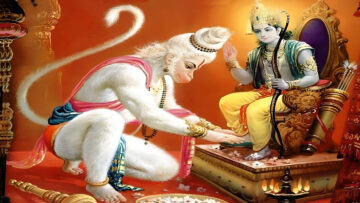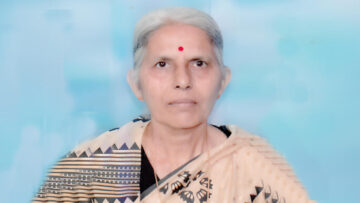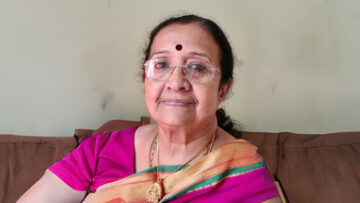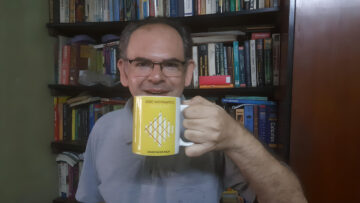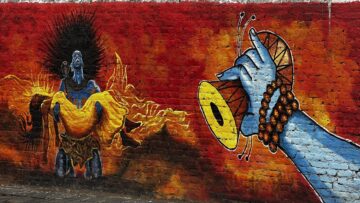Indic Academy is committed to advancing diversity and inclusion in the society.
In pursuit of this objective, Indic Academy seeks to preserve and protect the Indigenous lifestyles, practices, traditions and doctrines in the area of non-binary gender and sexual orientations from exclusionism, discrimination, universalization, lack of representation and misrepresentation.
An increasing trend of immediate concern are global traditions that have been exclusivist, discriminatory and violent towards non-binary gender and sexual orientations, necessitating the contemporary intellectual and activist movements, are now universalizing the exclusivism, discrimination and violence towards individuals and communities of these natures and orientations. As a result, the highly nuanced, advanced and a long tradition of pro-diversity inclusionist view in gender aspects cherished and nourished in Indic traditions is either missing from discourse or being misrepresented and misinterpreted to fit into the understandings that are not rooted in Indic culture and traditions.
The Indic spiritually rooted transgenderism is getting despiritualized in representation and practice. Spiritual transgenders are being made to get misunderstood. The apparent aspects of traditional Indian images and expressions are being interpreted to be reduced to the universalized nonspiritual gender and sex categorizations. Awareness in Ayurveda and traditional Indic literature about complex sex orientations are suffering from either lack of representation or misrepresentation. Spiritually rooted voluntary sexual neutrality and Indic wellness solutions for the involuntary sexual neutrality are not finding place in this oversexulized discussion. Traditional Indian accommodation and inclusion of the gender diversities as part of customs and traditions are not getting highlighted in the universalized victimhood dominated narrative in this space. This list can go on.
Given all these lacunae from Indic perspective in the present discussions and activism can be countered only by facing it head on and claiming our space, countering the misrepresentations and fighting for representations.
Indic Academy therefore seeks to actively work for the insiders of Indigenous traditions/ cultures of non- binary gender and sexual orientation, through research and documentation and by creating awareness through monographs, books and documentaries.
In the following video Ms. Giti Thadani author and well known researcher and activist in the Indic Gender diversity studies from early 90s speaks to Prof. Nagaraj Paturi who has been researching, among other things on Jogappas, the transgender Jogins who live a life dedicated to the goddess Ellamma.
Ms. Thadani is a multi-linguist with proficiency in Sanskrit, Hindi, English, French, German, Hungarian & Italian. She has presented on various platforms, conferences and through audio-visual media as well as talks the subject of gender studies, Indic civilisation and politics of sexuality in India. Her running theme in most of her writings and discussions is Shakti which she describes as the open source of energy. She is a founder member of the Sakhi collective and journal of contemporary and historical lesbian life in India. In her book Sakhiyani, she offers an historical perspective on the effect of colonization upon lesbian identities in India, showing how women were viewed by Western imperialists either as soft victims or as sexually dangerous, possessing an overgrown clitoris and in need of heterosexual domestication.
Her book Moebius Trip is fueled by 15 years of road trips. The traveling history follows the search for relics, lost temples, and sacred sites that comprise the archaeology of lesbians in ancient India. While exploring the places, stories, and people of India, the author goes beneath the surface of more recent patriarchal cultures that have neglected or desecrated icons of the sacred feminine to reveal the marvels and mythology nearly forgotten by history.
In this conversation, while reminiscing her research in these areas, she talks about how traditional Indian celebration of gender diversities is getting hidden in the domination of universalized victimhood dominated narrative in this space.
Disclaimer: The opinions expressed in this article belong to the author. Indic Today is neither responsible nor liable for the accuracy, completeness, suitability, or validity of any information in the article.



